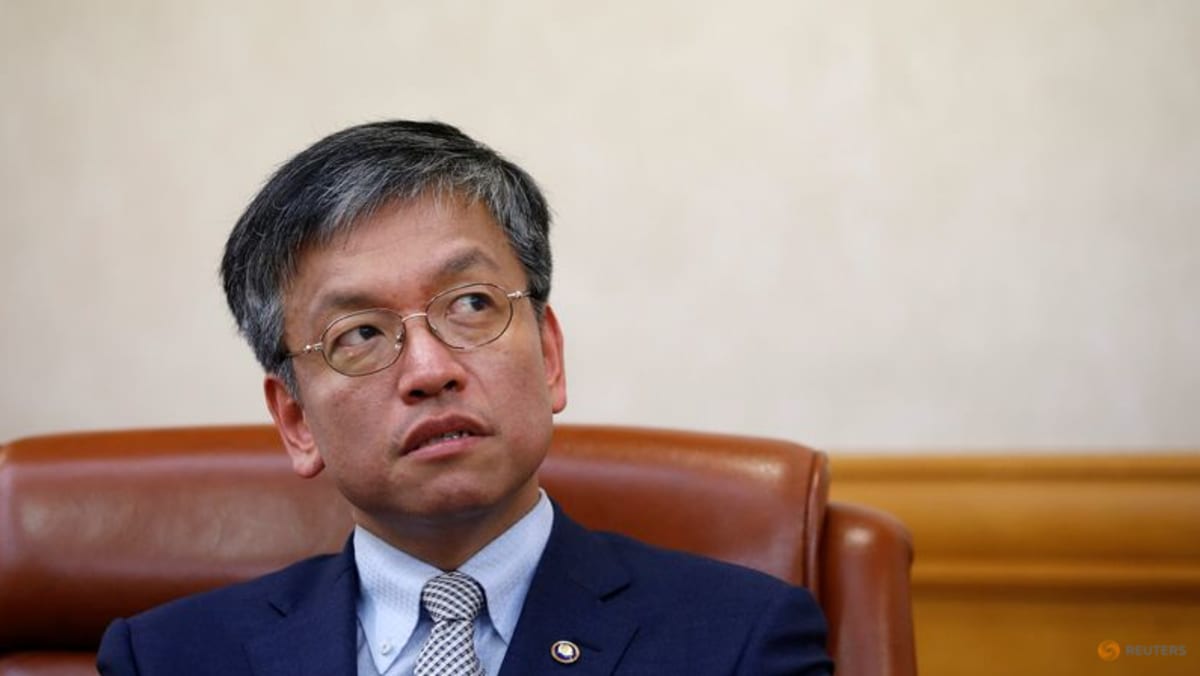Russia to Dip into Rainy-Day Fund to Cover 2025 Budget Gap as Deficit Soars

Moscow is preparing to utilize its substantial fiscal reserves to bridge a growing budget deficit in 2025, according to Russian Finance Minister Anton Siluanov. The plan involves drawing approximately 447 billion rubles ($5.51 billion), representing roughly one-tenth of the country’s liquid assets, to maintain budgetary equilibrium.
This move comes as Russia faces a significant increase in its budget deficit, which has reportedly tripled. The surge in the deficit is attributed to a combination of factors, including increased military spending, the impact of Western sanctions, and lower-than-expected revenues from energy exports, a crucial pillar of the Russian economy.
Navigating Economic Headwinds
The decision to tap into fiscal reserves highlights the challenges Russia is encountering in managing its finances amid ongoing geopolitical tensions and economic pressures. While the reserves remain considerable, the reliance on them underscores the need for careful economic planning and diversification.
“We plan to use the funds from the National Wealth Fund to balance the budget in 2025,” Siluanov stated, acknowledging the situation. “This is a necessary step given the current circumstances.”
Reserve Levels and Future Implications
Russia has been diligently building up its fiscal reserves, known as the National Wealth Fund, over the past decade, primarily through oil and gas revenues. As of early 2024, the fund held over 4.4 trillion rubles. The 447 billion ruble withdrawal represents a manageable portion of these assets, but its implications for future reserve levels and the government’s financial flexibility are being closely watched by analysts.
Experts suggest that the government will need to explore alternative revenue streams and cost-cutting measures to reduce its reliance on reserves in the long term. This could involve further reforms to the tax system, increased efficiency in government spending, and efforts to attract foreign investment.
Sanctions Impact and Energy Revenue
The ongoing impact of Western sanctions continues to be a significant factor affecting Russia’s economic performance. Restrictions on trade and financial transactions have limited access to international markets and hampered economic growth. Furthermore, a decline in global energy prices and reduced demand for Russian oil and gas have further strained government revenues.
The Russian government is actively seeking to diversify its export markets and develop alternative energy infrastructure to mitigate the impact of sanctions. However, these efforts are likely to take time to yield significant results.
Looking Ahead
The Russian government’s decision to utilize fiscal reserves to balance the 2025 budget reflects the current economic realities facing the nation. While the move provides a short-term solution, it underscores the importance of addressing the underlying factors contributing to the budget deficit and ensuring the long-term sustainability of Russia’s finances. The coming months will be crucial in observing how Russia adapts to these challenges and implements strategies to bolster its economic resilience.





